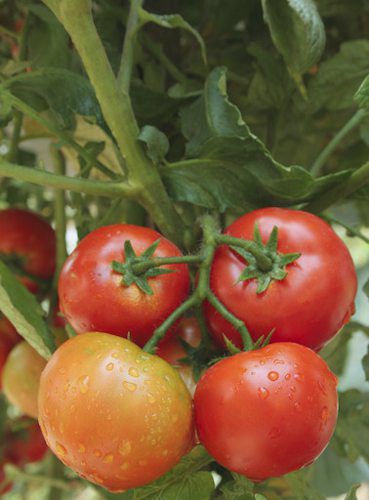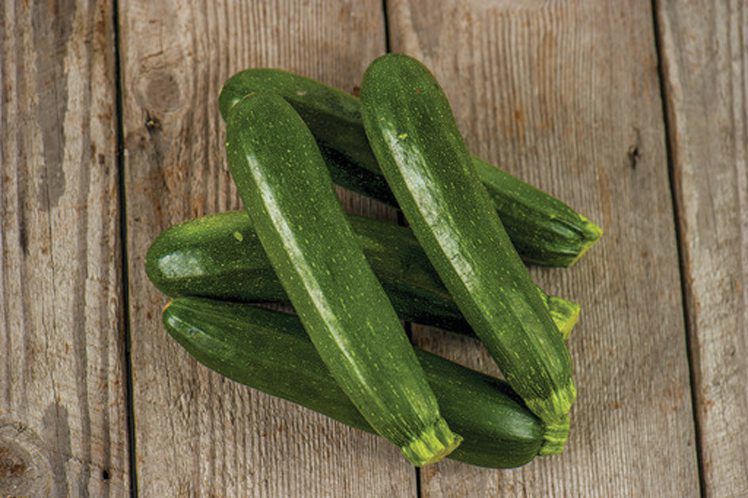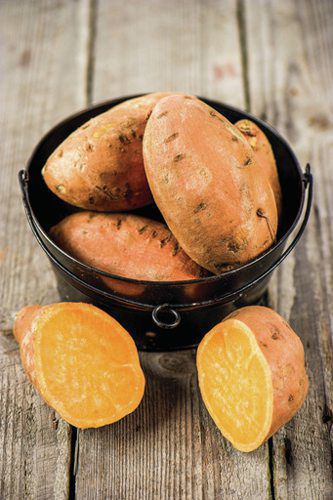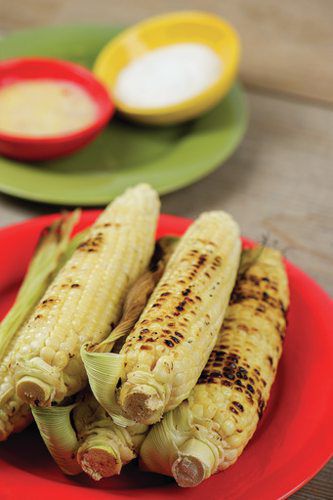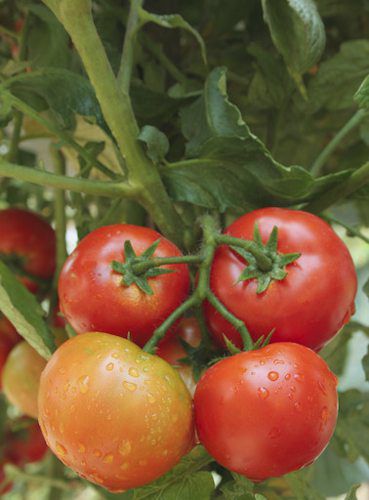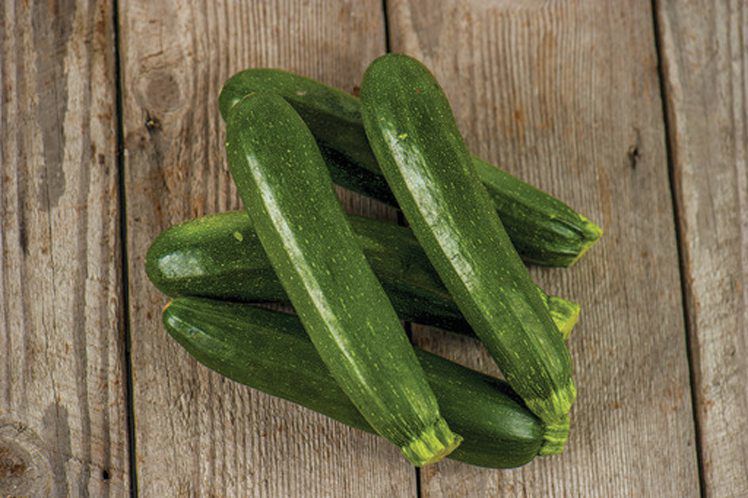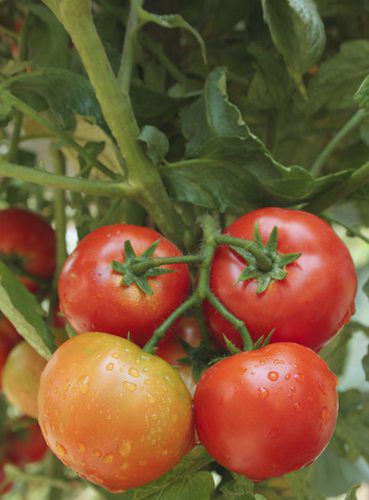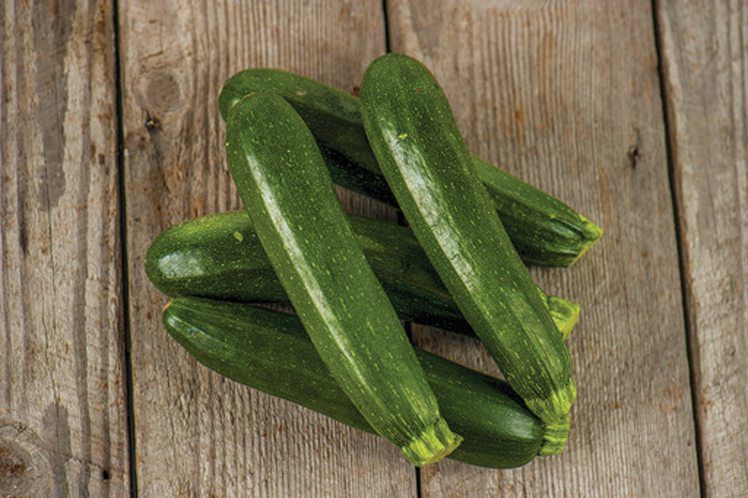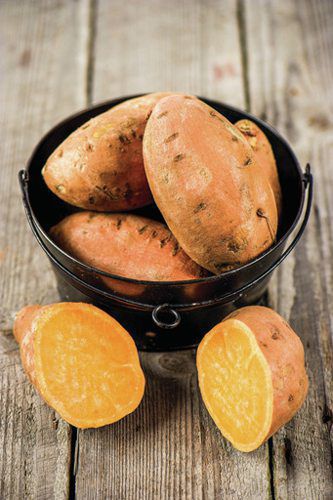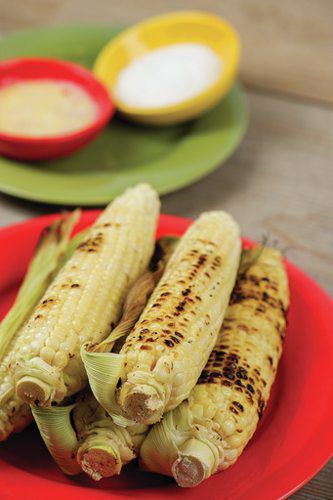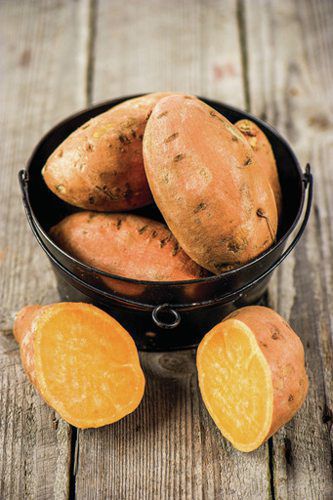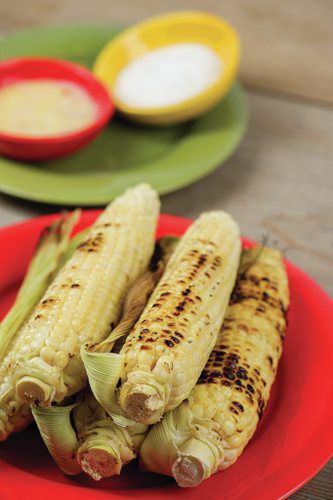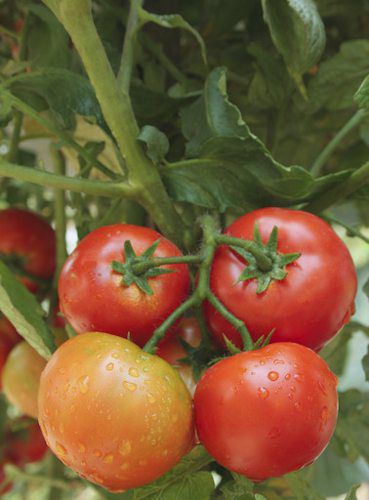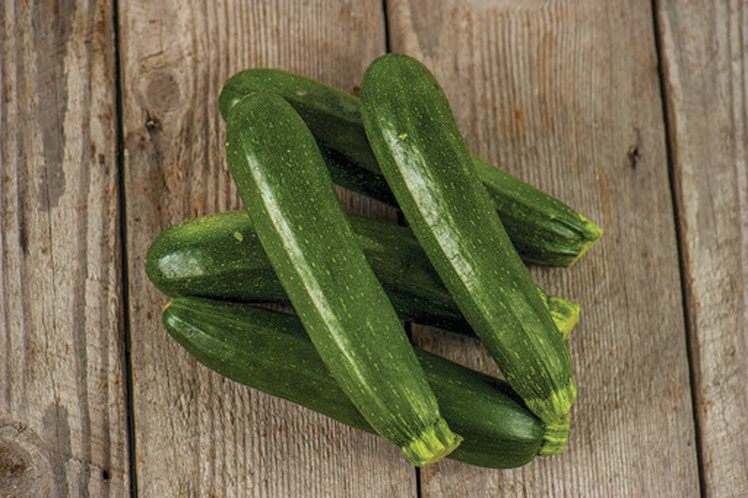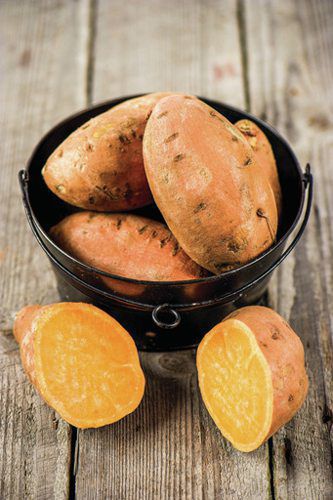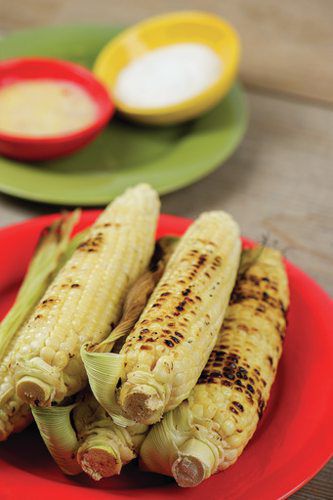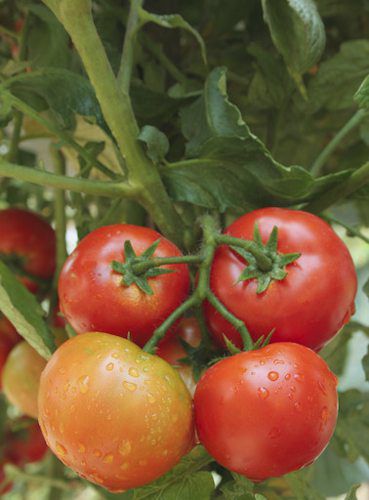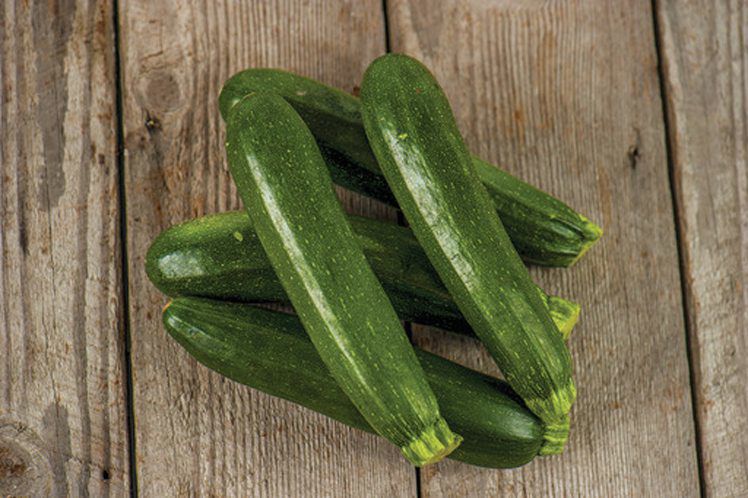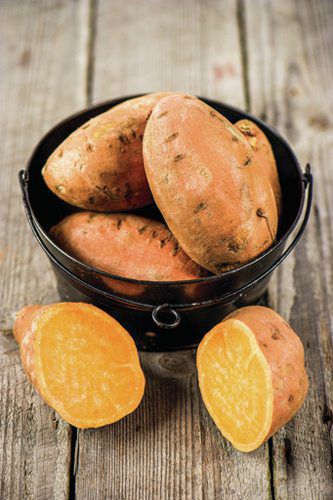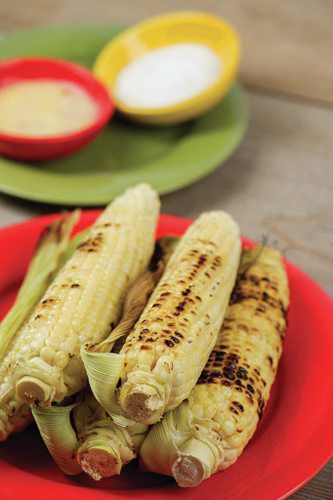As soon as the weather started to warm up, I got the itch to plant my garden.
This is my fourth season growing produce in containers on my porch. After a rough summer last year in which pretty much all of my plants died, bolted or got infested with caterpillars, I was raring to try again.
I also was bored from mostly staying home for weeks because of the COVID-19 pandemic. Add those factors together, and I was ready for any excuse to start planting.
This year already has been something of an adventure. I’m pretty sure I planted my starters too early because the weather immediately got colder, and I had to bring my plants indoors for a week.
I guess my first gardening lesson for the summer is that I probably should give more thought to my plans than just being bored.
I can attest firmly to the benefits of gardening, but I’ll be the first to admit that I’m no expert when it comes to growing food.
Fortunately, there are people who know a lot more about gardening and growing than I do. So, if you’ve been thinking about planting some produce in your yard, they have plenty of advice to get you started.
One of the first pieces of advice that AJ Shultz, farm manager at Convivium Urban Farmstead, offered is to start small. Sometimes, beginning gardeners start large, complicated plots, which turn out to be more work than anticipated. That can get overwhelming, then people lose motivation, he said.
“Start small,” he said. “Stick with simple plants to grow.”
Shultz is a particularly big fan of pointing beginning gardeners toward tomatoes because they’re easy to grow and offer a big reward. Zucchini also is a good option.
Warm-season crops such as tomatoes, peppers, sweet corn and cucumbers also are good options, said Ray Kruse, food systems program coordinator for Iowa State University Extension and Outreach for Dubuque County. You also can try planting sweet potatoes. The key, though, is to plant something you like and want to grow, he said
“In order to keep motivated year after year, I think that people should focus on what they’re crazy and passionate about,” Shultz said.
Another thing to think about is picking the right site for your garden, Kruse said. If you’re just getting started, your best bet is to start with a plot where your plants will get plenty of sunshine. If you’re planning to plant out in your yard, you can till a space to kill the grass there, then add compost to add nutrients to the soil, Kruse said. (Just make sure you call 811 before you till.)
Shultz prefers to garden without tilling and recommended a method called “double digging,” which involves removing the top layer of soil, mixing the earth beneath with compost, then moving nearby strips of soil on top.
“Your soil is a living organism, a living community, and by fostering the health of that community, you’re just going to automatically get healthy vegetables,” Shultz said.
For beginning gardeners, Shultz recommended using starter plants, then working your way to growing food from seeds. If you do opt for seeds, it’s best to follow the directions on the package to get the information you need with the shortest amount of work, Kruse said.
Once you get everything planted, keep up with watering and weeds, Kruse said. If it’s not raining, he recommends watering 1 inch of water per week with a sprinkler to give your plants a good soaking.
To deal with weeds, you can hoe the area, or you can put down a layer of mulch once the plants have emerged so the weeds can’t grow and compete with your crops.
“I only hoe or weed once, and then I mulch the entire thing, and then I never weed for the rest of the summer,” Kruse said.
Growing your plants in containers, rather than in the ground, comes with its own set of advice.First, if you’re wondering what size container you should get for your plants, bigger is better, Kruse said. That allows for more soil, which means less moisture and temperature variation.
“The more soil that you have there, it offers a better rooting environment for your plant,” he said.
As far as soil goes, your best bet is to use potting mix, Kruse said.
When it comes to watering, consistency is key. You’ll want to keep an eye on your soil and watch the moisture level a few inches below the surface, Kruse said. The best way to do that is to place a wooden craft stick in the soil. It should be damp to the touch when you pull it out.
Another technique Kruse recommended for container gardens is to water from the bottom up. You can place a pot drainer under your container and fill that with water, which gets sucked up into the soil. You can fill the pot drainer until the water stops draining when there’s just a small puddle left in the bottom.
If you start your gardening venture and have questions, there are resources available online and from organizations such as Iowa State University Extension.
When it comes down to it, just grow what you love, Shultz said.
“I think that’s the most important thing because then, you’re going to maintain motivation,” he said. “And don’t be afraid to mess it up because you’ll have another chance next year.”
Allie Hinga writes for the Telegraph Herald.

